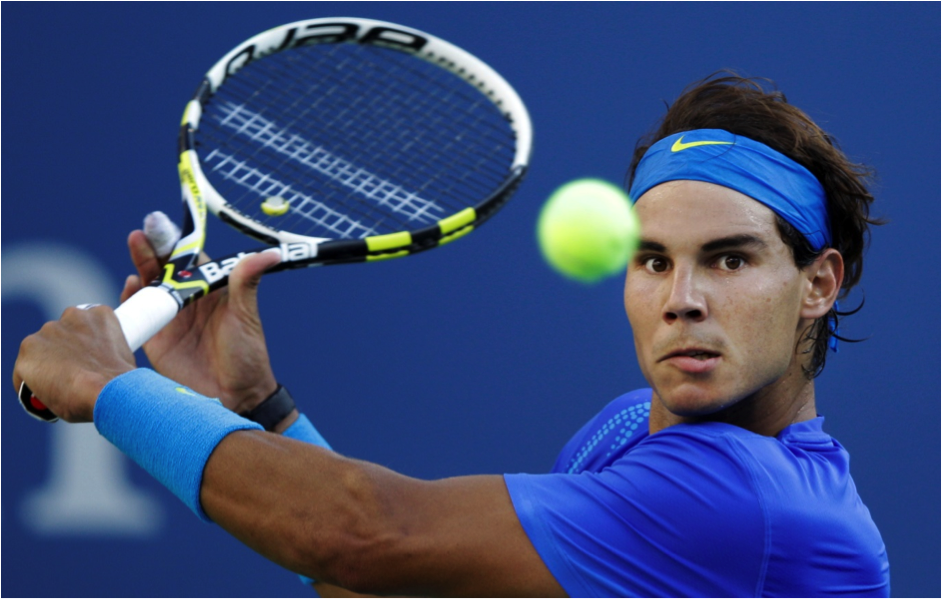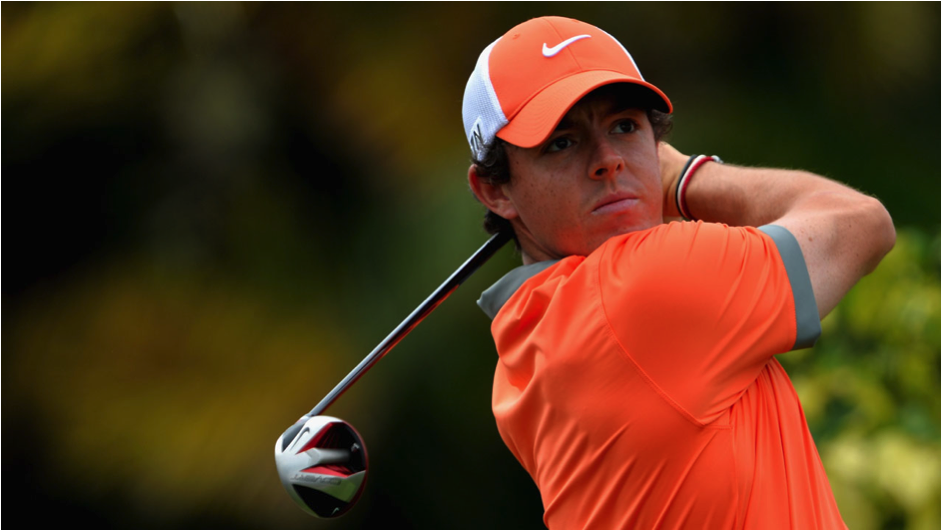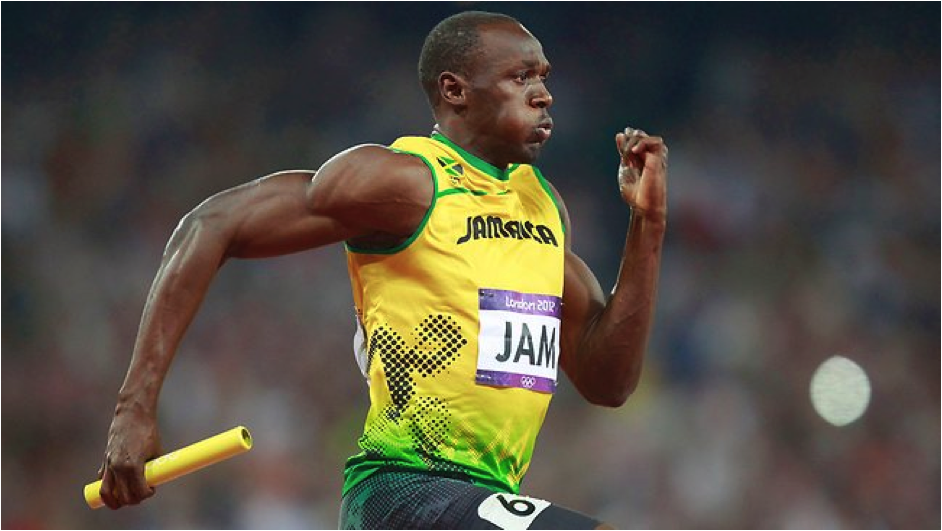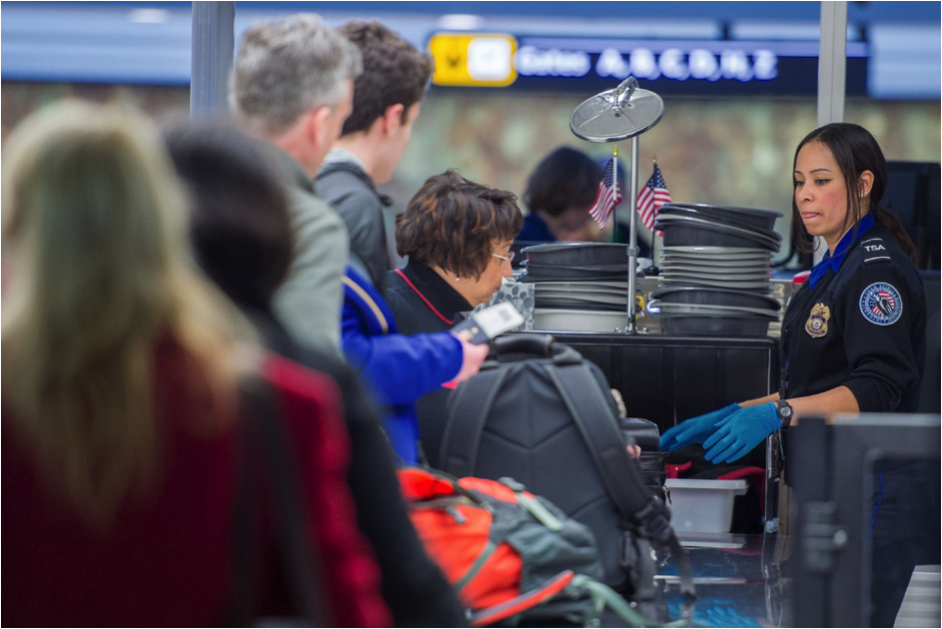Is traveling killing my game?

Is traveling killing my game?
We all know how demanding travel can be. Long lines at the airport, delays, cancellations, the ever-present fear of an accident happening. We often arrive at our destination drained, worn out and frazzled and that’s not even taking into account the dreaded energy-sapping phenomenon that is jet lag, affecting many long-haul fliers. For most of us, a day or two of rest and we’re back to normal. But what about top sports stars who have to trot around the globe and be in peak condition at all times? How do they do it, and is it killing their game?
For today’s big-earning sports players, travelling is a hard fact of their professional lives. Tournaments are not just held around their own countries, but right around the world and being able to quickly recover from the stresses of long journeys is key to continued success. Take Novak Djokovic, Roger Federer and Rafael Nadal, for instance. The trio are all top-seeded tennis players, from different countries, who constantly zip around the world in their quest to be the very best.

Nadal, the “King of Clay”, now 28, has been travelling the globe for his game since he was only 15 and said in an interview with CNN that “Some days you get tired and you feel ‘I want to stay at home a little bit more.’” The tennis ace also said that he’s a “nervous flier”, especially if his plane hits turbulence. For Federer, his global travels amount to a “grind”, as he called it, and he has spoken of a particular fear of missing flights, which he has experienced and which leaves him feeling like “the worst person in the world”. His answer to the stresses of travel? Be organised, and on time.
Home and away
Golf is another global game, requiring its players to frequently travel from one country to another to take part in major tournaments. While it may look fairly sedate on the TV screen, being a professional golfer carries the same amount of strains as any other sport, travel included. Top golfer Rory McIlroy has endured a significant amount of stress on the global circuit, which he says is more mental than physical. He went through 2013, for example, without a single win and ended up calling the year “mentally draining”.

Football, basketball and players of other sports are more fortunate; their matches generally take place on or near their home turf, requiring a relatively short coach trip or flight for away games. International events, such as the FIFA World Cup, do of course mean longer travel and increased stress on athletes, but they’re not held with the frequency and regularity of other sporting fixtures. Indeed, many players only get one shot at a major overseas tournament.
Even when they do have to travel overseas, for the Champions League, for instance, footballing stars such as Cristiano Ronaldo and Gareth Bale have the luxury of travelling in private planes and avoiding the usual airport stresses. But does their game still suffer? After all, they’re in generally unfamiliar territory – new surroundings; different bed, furniture and lighting; food that’s not quite the same. It all adds up and it can create anxiety and sap performance on the field.
Running on empty
For track and field athletes such as Usain Bolt, the challenges of international travel can be even more severe. Many top long-distance runners, for example, train in the United States and parts of Africa – using higher altitudes and heat to increase performance – and then travel to European countries to compete and as far away as China and other areas of Asia. Britain’s Olympic hero Mo Farah is one such athlete who has to endure such a gruelling schedule, and he deals with the stresses by strictly adhering to a highly specialised diet and being properly hydrated.

American tennis player Robert Kendrick found himself banned from competing for a year after he tested positive for methylhexaneamine, a stimulant he said he took to try and overcome the effects of jetlag. Tennis world number 1 Serena Williams credits strong coffee, and even a shot of expresso, as helping her to cope with the stress of airplane travel, as she said “the jetlag gets you all the time”.
Body, disrupted
So, what exactly is happening in athletes’ bodies during periods of travel that causes such problems with their games? Flying, the most common form of travel for all today’s top sports stars, is of particular concern. A 2012 review in the British Journal of Sports Medicine examined the effects of airline travel on performance and said that “Rapid eastward or westward travel may negatively affect the body in many ways; therefore, strategies should be employed to minimise these effects which may hamper athletic performance”.
The physiological process that’s most impacted by flying is the circadian rhythm, the body’s regulating clock that works over the course of 24 hours to ensure all systems, mental as well as physical, are working optimally. It’s disrupted by changes in light at various parts of the day – say, by being in a lit environment late at night, when it should be relatively dark – as well as crossing over multiple time zones. Anyone who has ever taken a long-haul flight will surely know that one of the leading side-effects is a disruption in sleep patterns – you just cannot get to sleep at night and are drowsy during the day. This is due to the circadian rhythm being out of sync; it can take several days before it’s back to normal.
For sportspeople and other disciplines with packed travel schedules, those few days are not a luxury they can afford, especially when flying eastwards, as jet lag can be more severe when a day is shortened. That means symptoms can persist for up to a week, and so in this era of easy international flying, travelling sportspeople must do all they can to limit the effects of jet-lag and be in peak condition.
Beating the clock
A 2012 study in Sports Health, a journal for medical professionals working with athletes, found that prolonged air travel can cause a “physical and emotional burden on athletes” that can negatively affect their performance. “There is strong evidence that mood and cognition are adversely affected by jet lag. Some measures of individual and team performance are adversely affected as well,” the study concluded.

It recommends that athletes affected by airplane travel change their sleeping habits, have periods of timed exposure to bright light and take melatonin pills, a compound formed in the brain that brings about sleep at night. Diet is another way you can help to get your circadian rhythm back on track. Having a high-protein breakfast, so that you’re primed for the day, and a high-carb dinner at night, making you feel sleepy, may be beneficial.
A 2009 study by the Research Institute for Sport and Exercise Sciences at John Moores University in Liverpool said airplane travel also gives rise to a host of other potential physical problems, including a suppressed immune system that leads to colds and viral infections.
It also said that although “the plane may fly at an altitude in excess of 10,000m, the cabin air pressure corresponds to that at about 2,000m above sea level. A consequence of the dry pressurized cabin air is that water is lost in breathing, due to evaporation of fluid from the mucous membrane of the upper respiratory tract. The fluid lost needs to be replaced by drinking more than usual, about 200 ml extra in a 12-hour flight.”
There’s one other thing to worry about when flying: the very real risk of exposure to radiation - due to being at a far higher altitude with less atmosphere - in addition to any that may be lingering on you from going through airport security scanners. Iodine-rich foods, such as seaweed, spirulina or chlorella can help to absorb some of that radiation, as can powerful antioxidant compounds, such as turmeric and green tea.
Travel may be a killer, but it need not kill your game.
In collaboration with TitanBet Poker
Photo credits:
Nadal: buzzerg.com
Rory McIlroy: sportal.co.nz
Usain Bolt: :news.com.au
TSA: nypost.com

